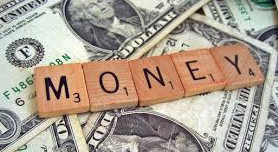The fourth element of a criminal prosecution for copyright infringement requires that the

government prove that the defendant engaged in an act of copyright infringement “for purposes of commercial advantage or private financial gain.” It is unnecessary that a profit be made as a result of the infringing activities. This interpretation was intended to exclude from criminal liability those individuals who willfully infringe copyrights solely for their own personal use, although those individuals may still be pursued by the copyright holder in civil court.
It is a common misconception that if infringers do not charge subscribers a monetary fee for infringing copies, they cannot be found guilty of criminal copyright infringement. While evidence of discrete monetary transactions (i.e., the selling of infringing goods for a particular price) provides the clearest evidence of financial gain, such direct evidence is not a prerequisite for the government to prosecute.
Instead, the government gives a broader interpretation to the requirement of a “commercial or financial purpose.” The Department of Justice‘s interpretation of the phrase “for purposes of commercial advantage or private financial gain” does not require the payment in money for infringing works. Instead, payment by trading anything of value for infringing copies could constitute seeking a “commercial advantage or private financial gain.” Thus, “bartering” (i.e., the practice of exchanging infringing works for other infringing works) that results in the unauthorized dissemination of infringing product can trigger criminal prosecution.
 Indiana Intellectual Property Law News
Indiana Intellectual Property Law News

